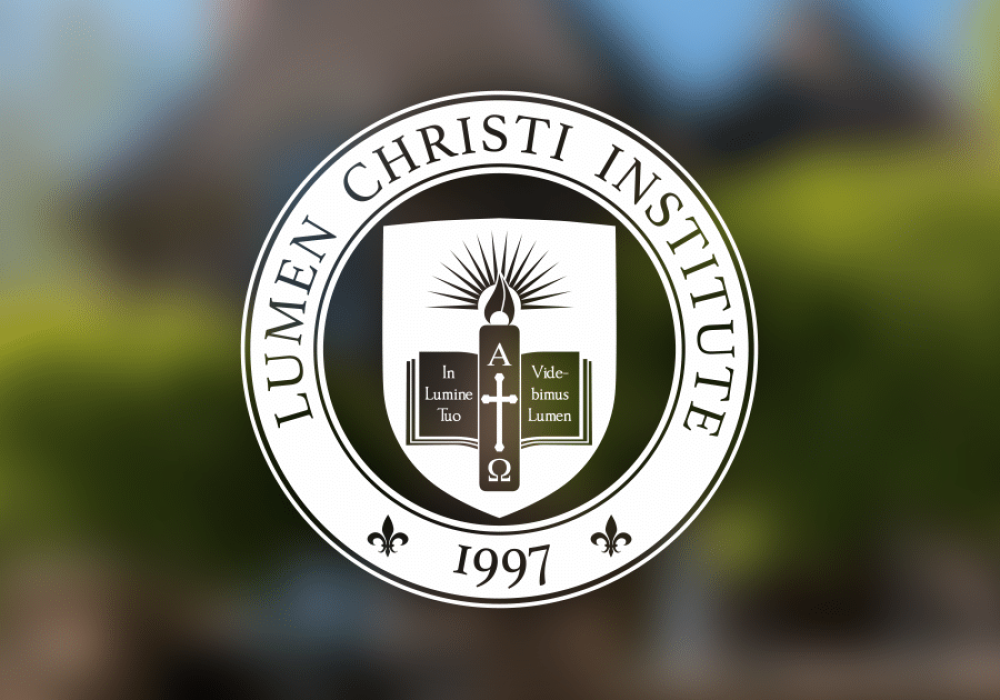The broad public debates on religion and ethics frequently suffer from empirical deficiencies. All sides tend to argue in a way one might call an “a priori” mode of argumentation. In contrast, this lecture offers some empirically grounded reflections. First, Hans Joas asks whether the morality of secularized societies could be a mere remnant or reverberation of religious traditions. Secondly, he briefly investigates with regard to tribal societies whether religion should be considered to be constitutive for morality at all. Thirdly, he uses an example from Christian missionary work to look at the interaction of new religion and traditional morality. And lastly he brings together these reflections by claiming that normative regulations have a double origin and he will mark the precise point where he sees a present danger of moral regression caused by secularization.

